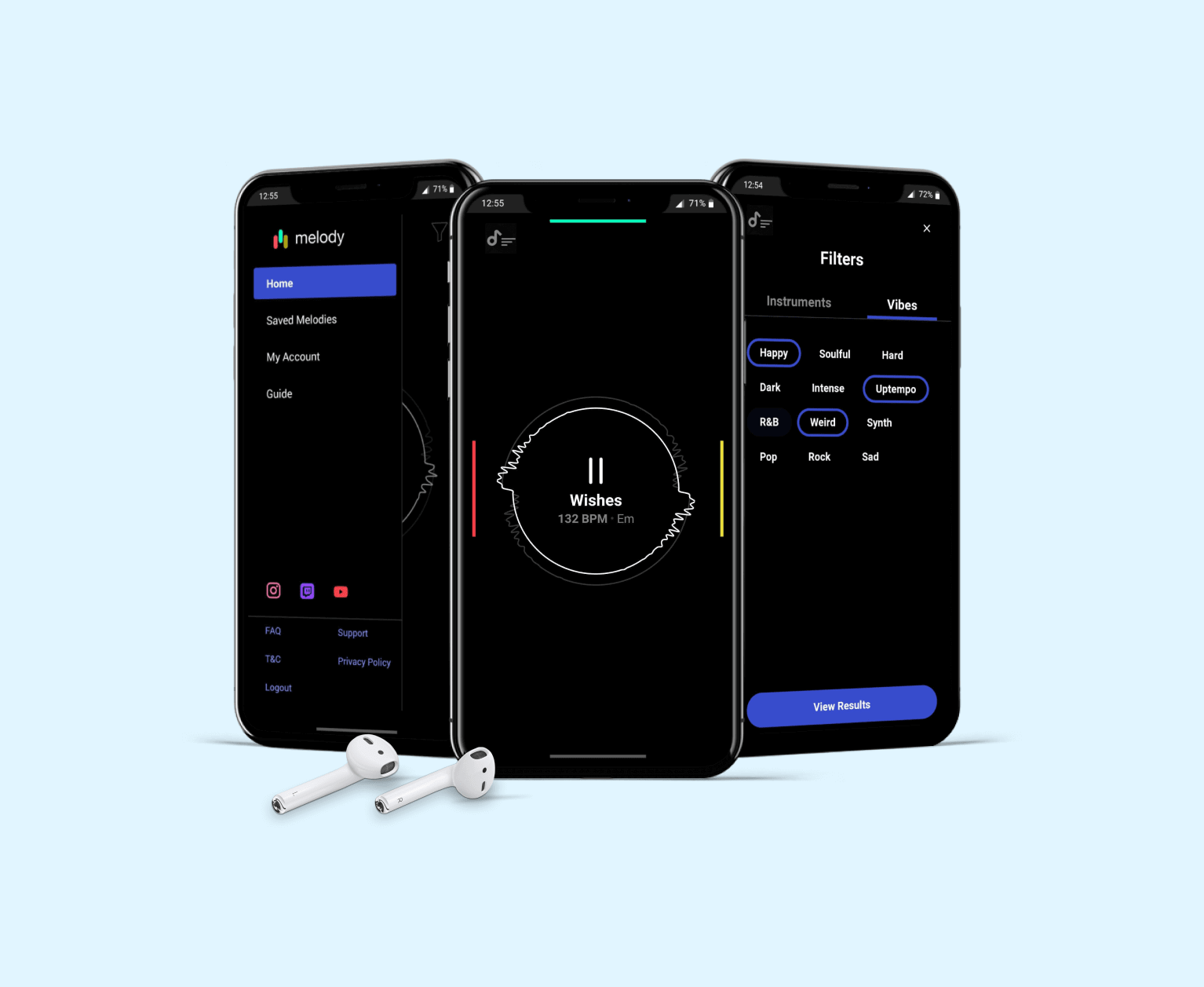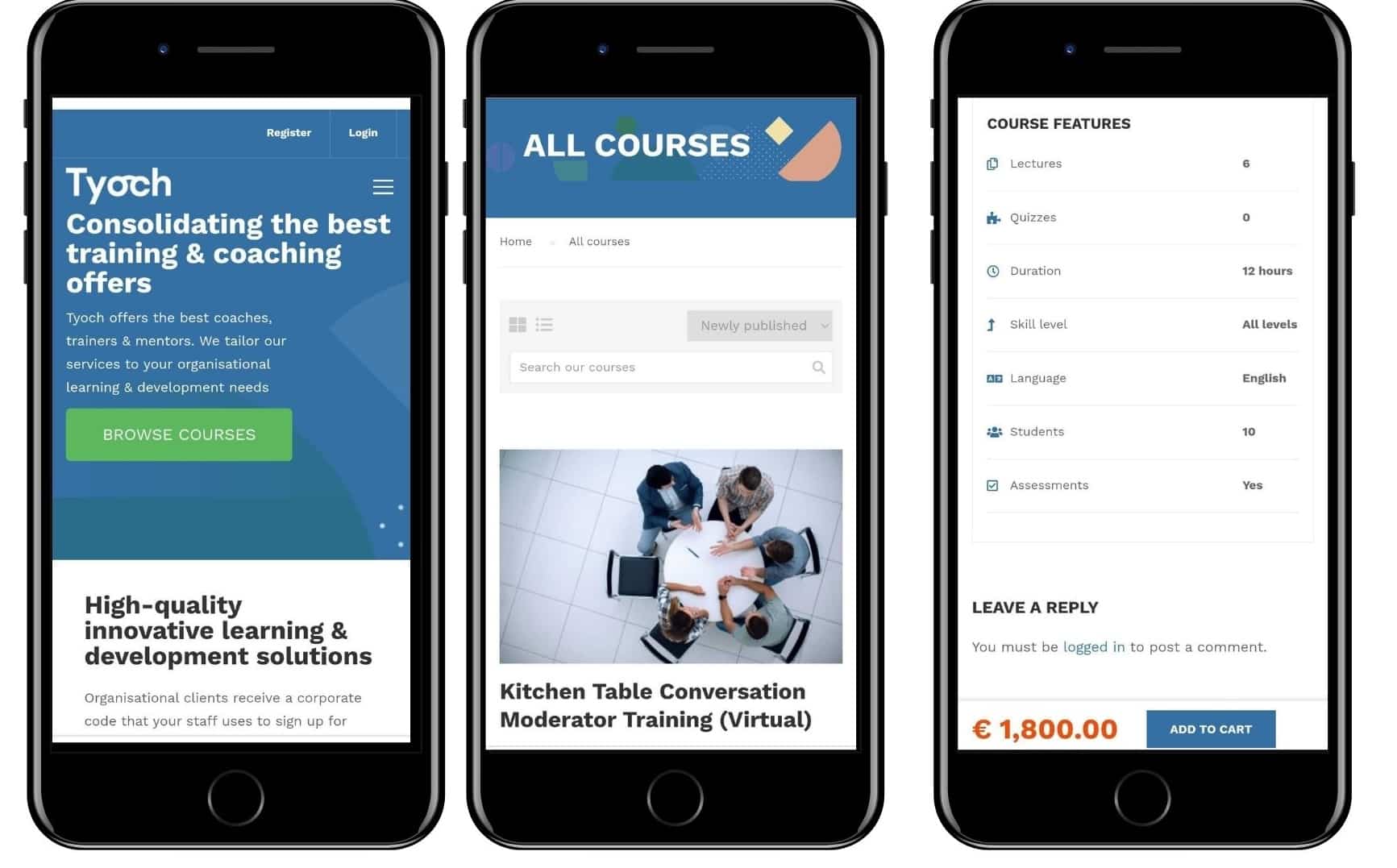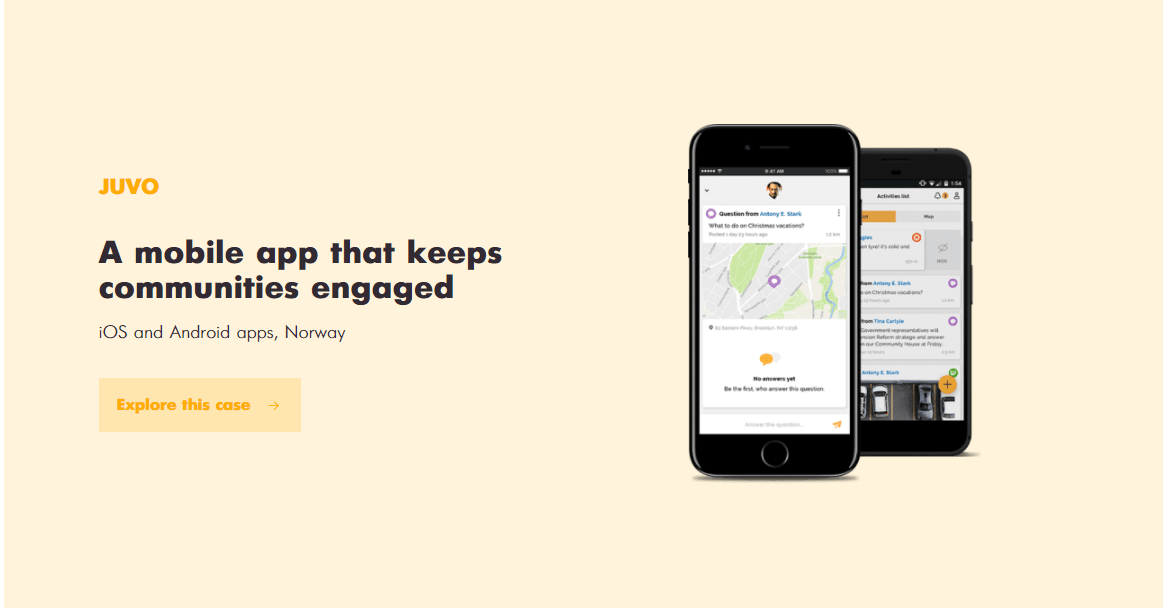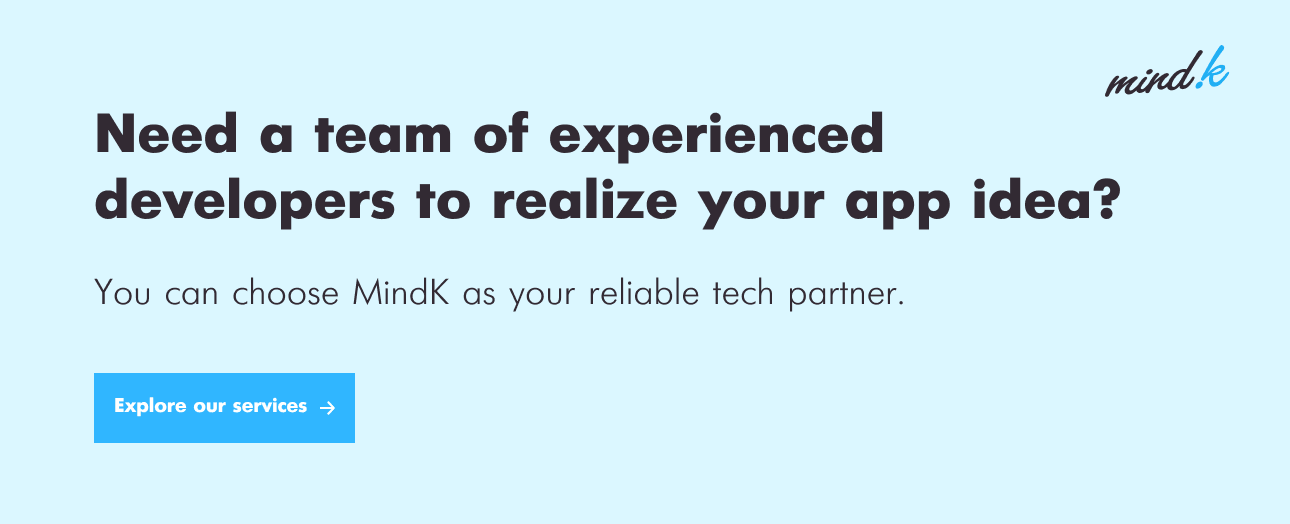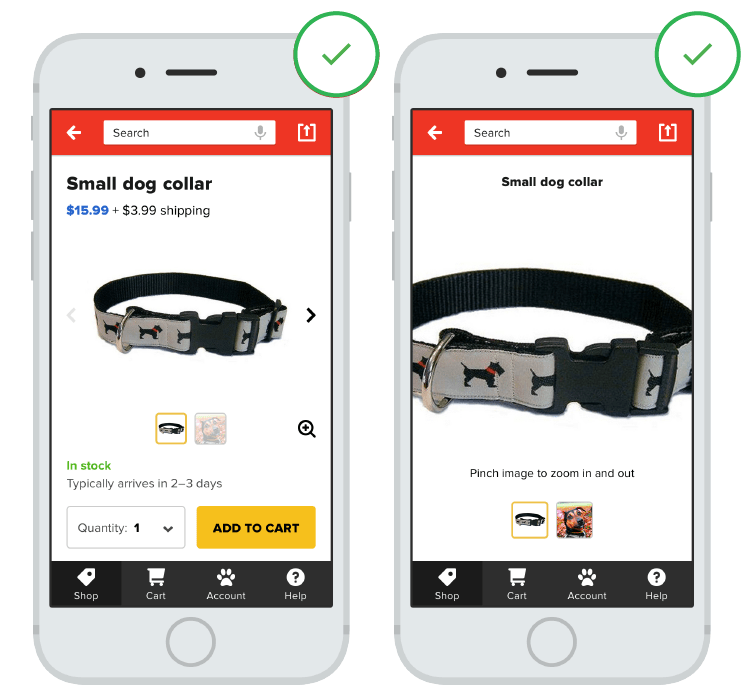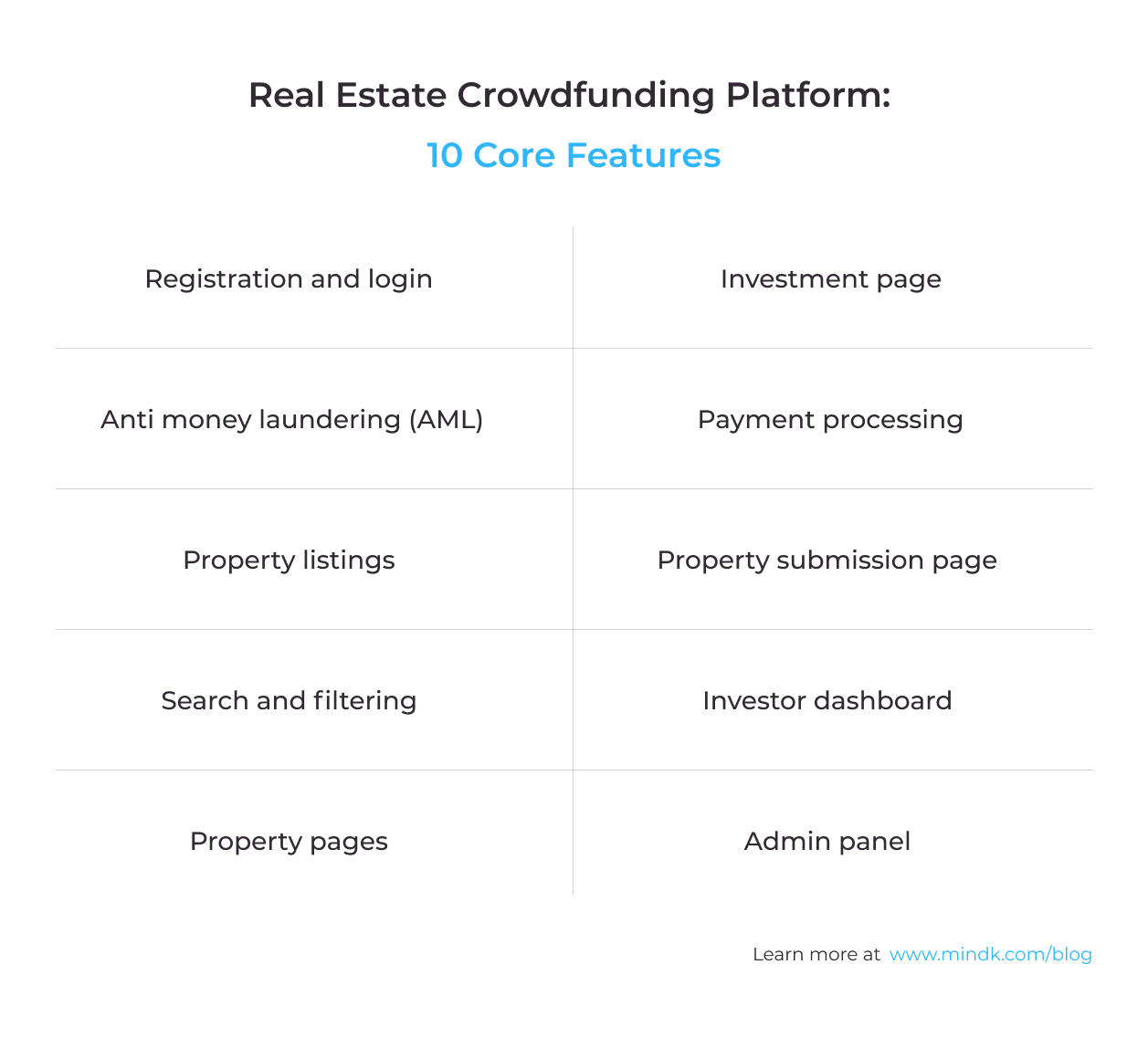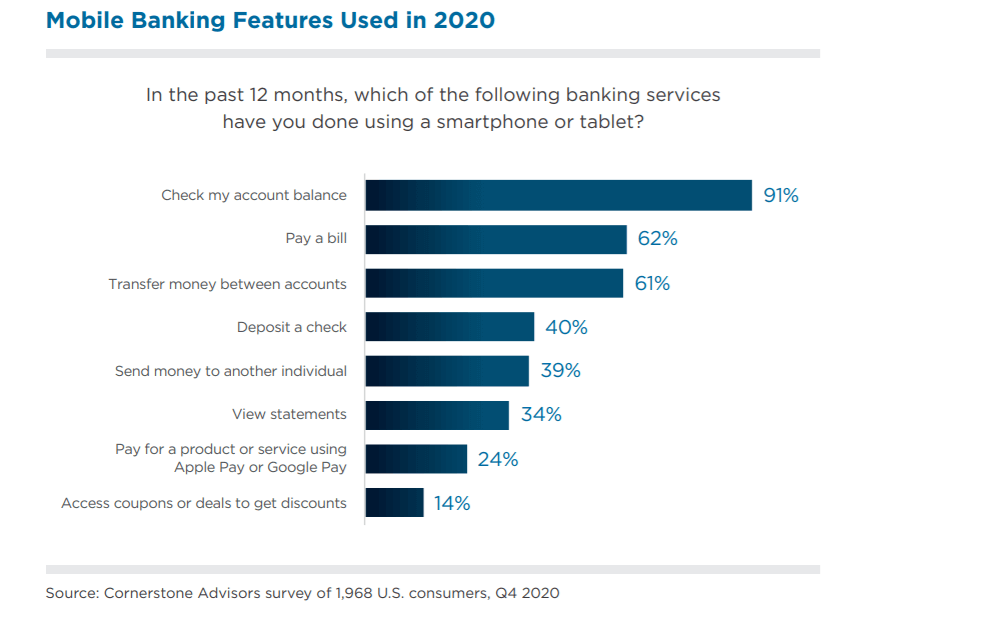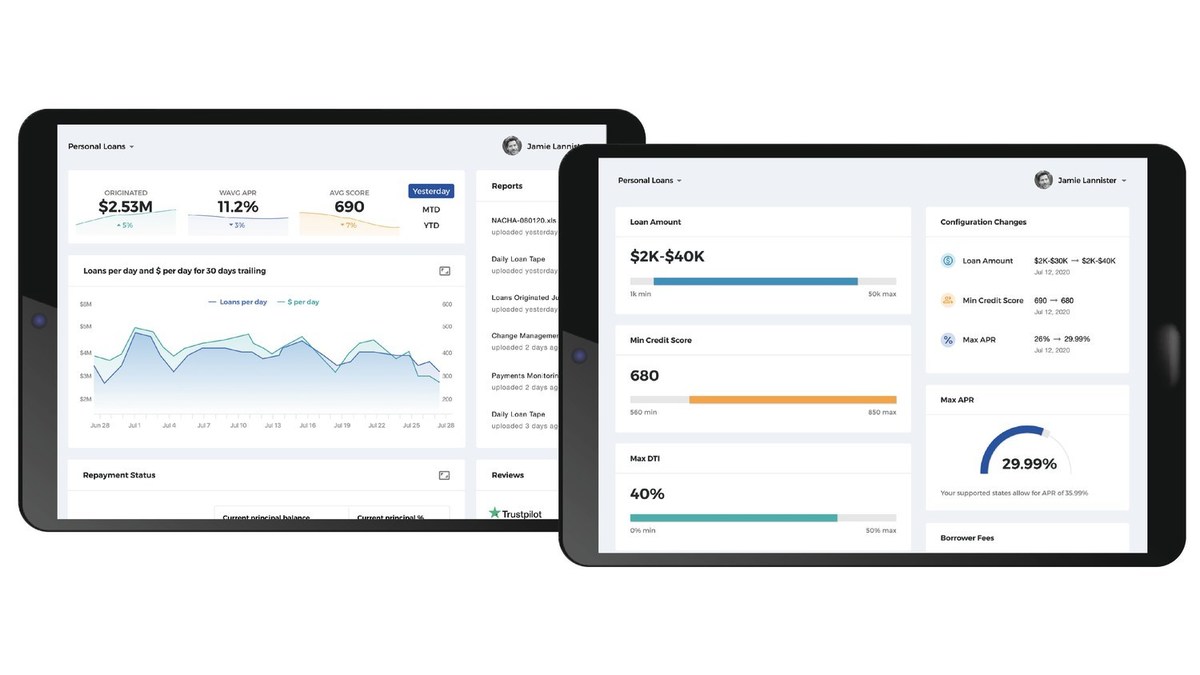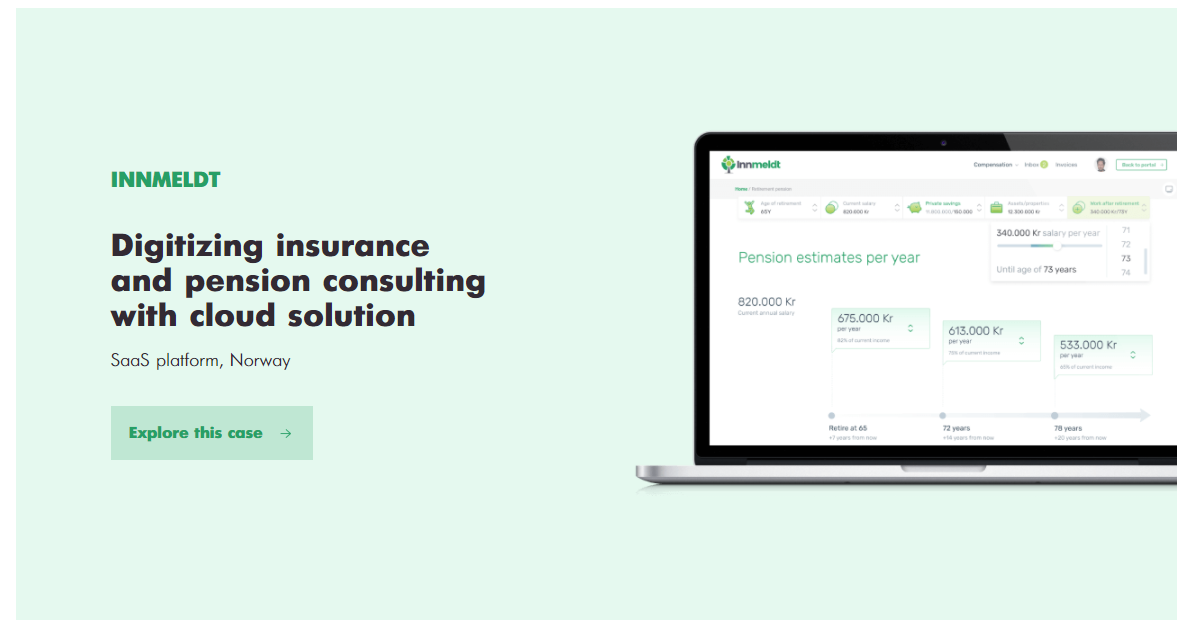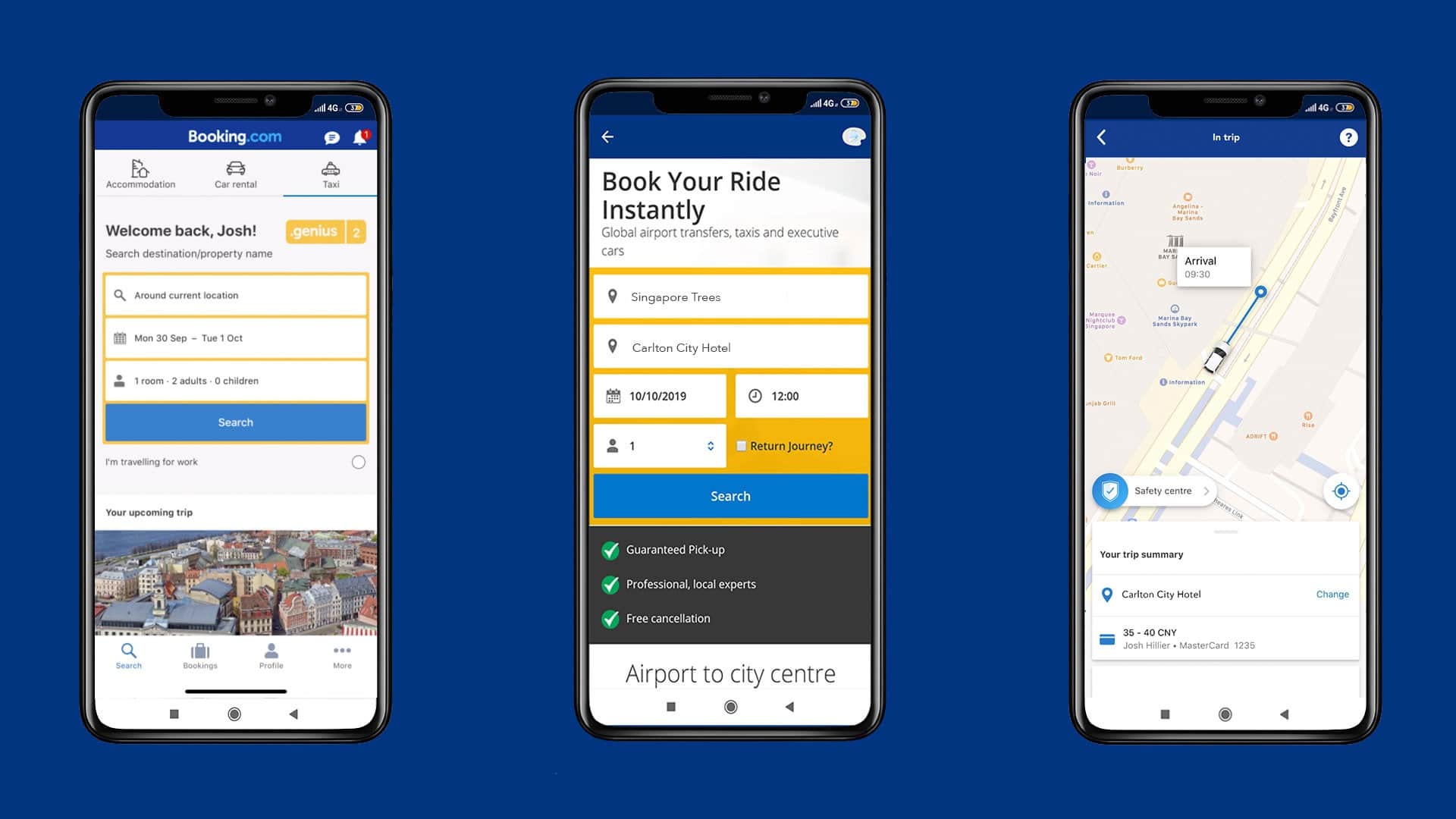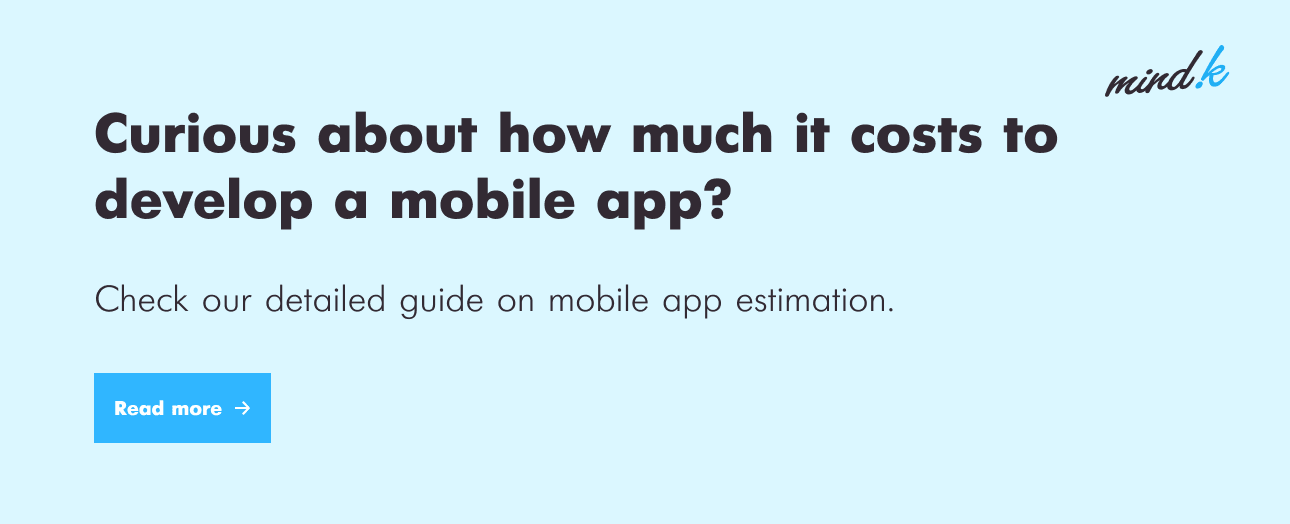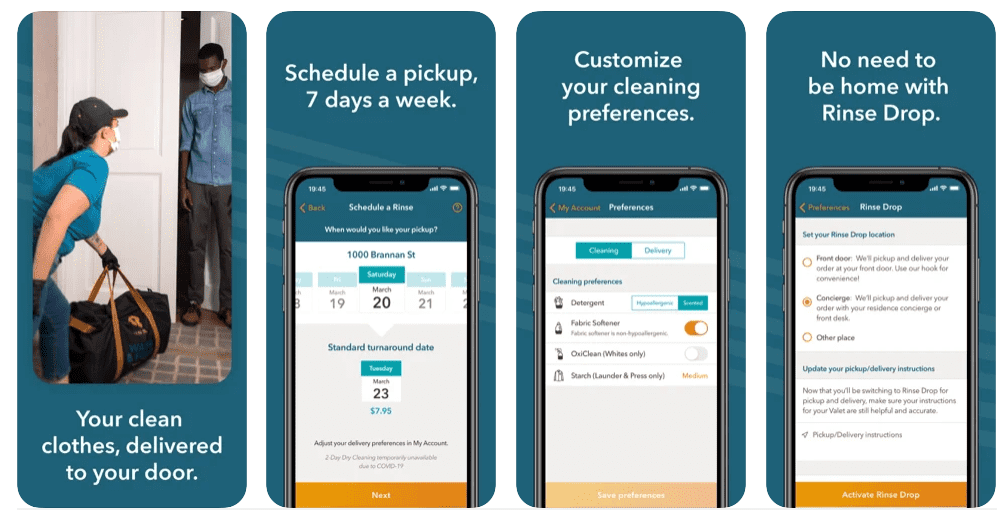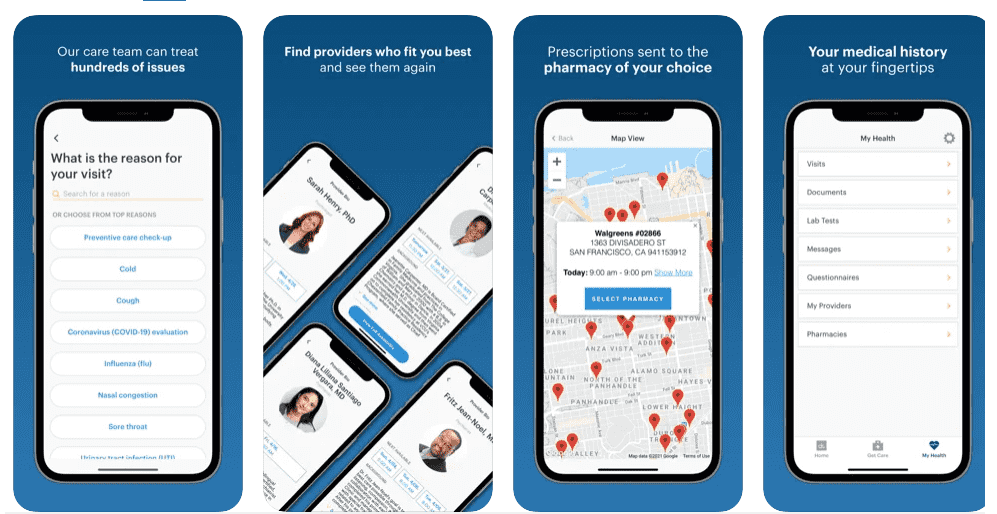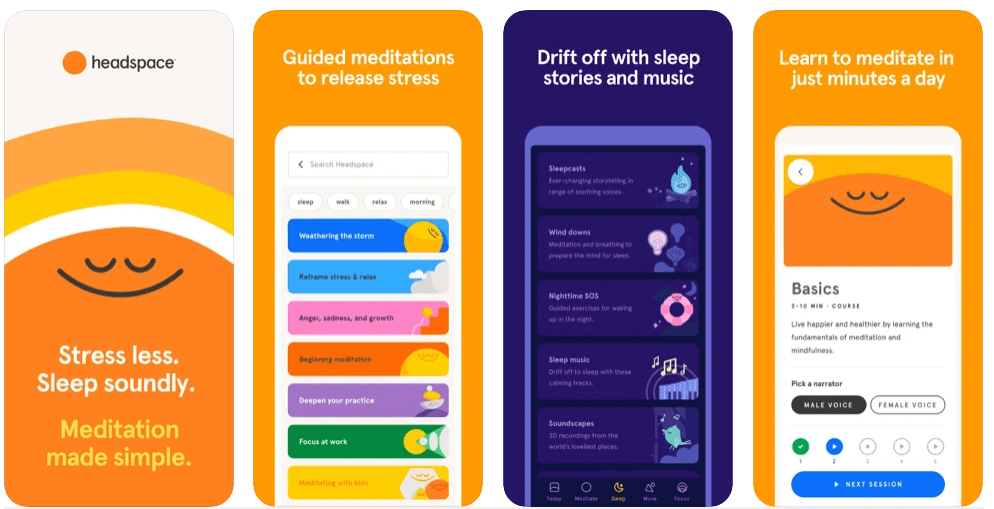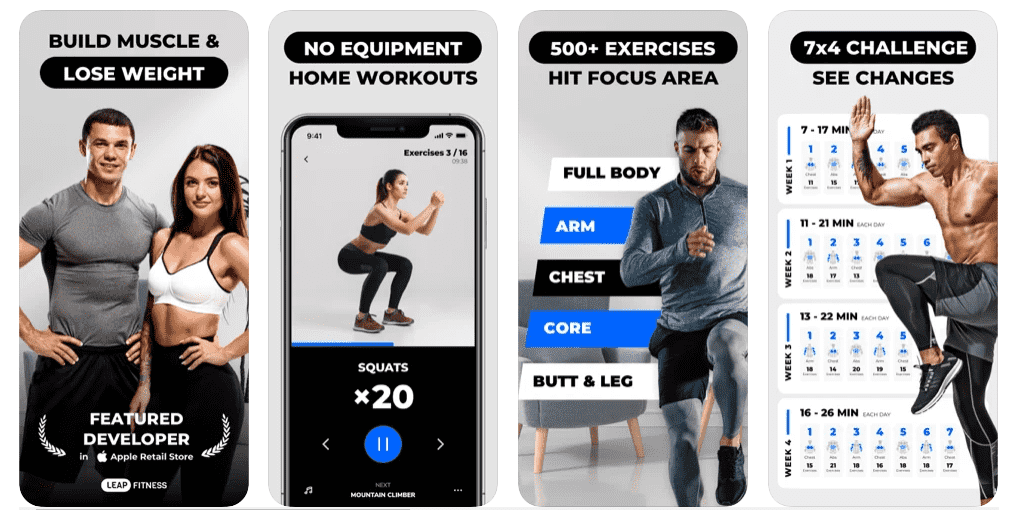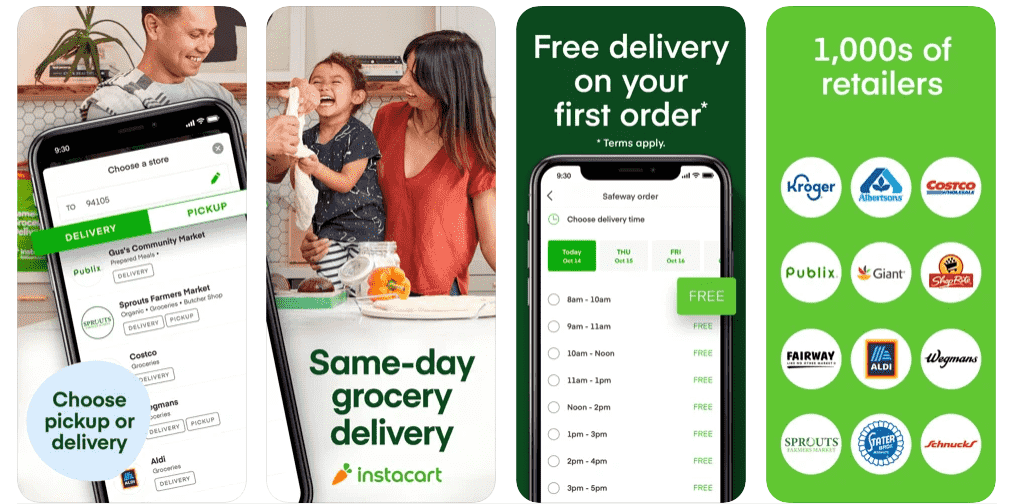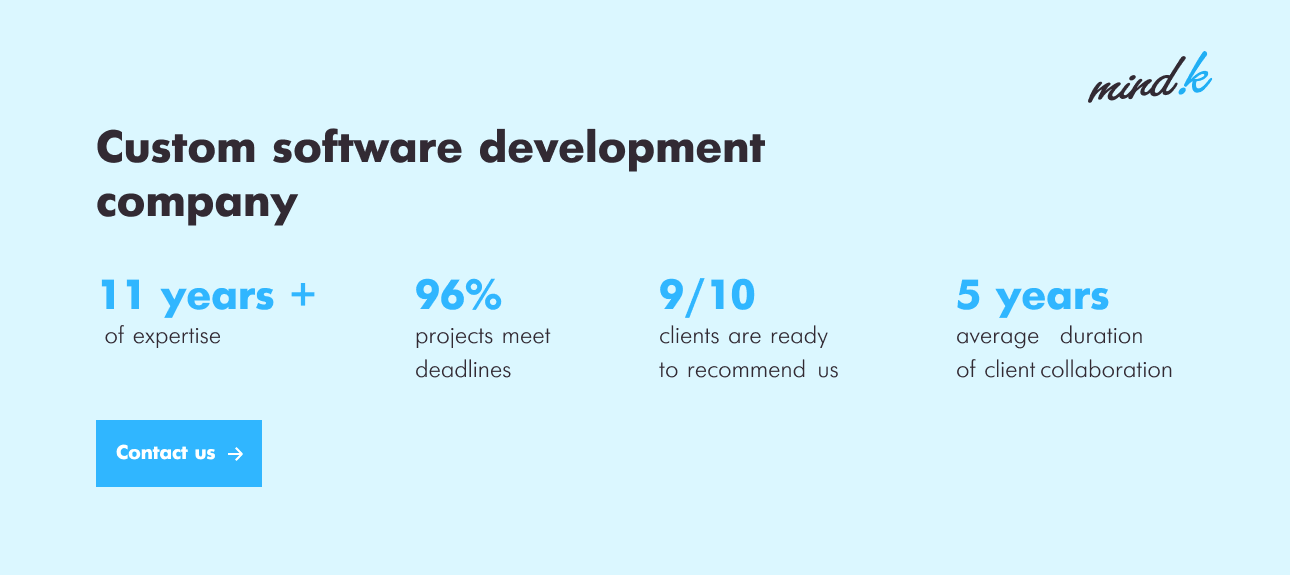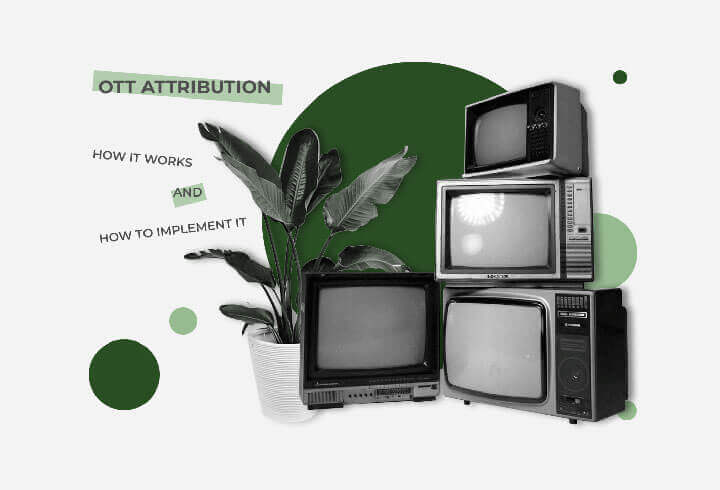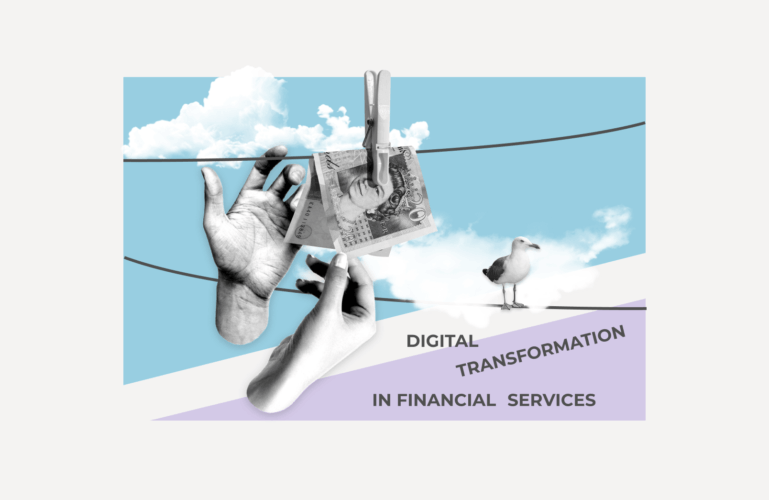Last year, MindK ran an unusual contest as a mobile app development company. For a whole month, we accepted the best mobile app ideas. The winner would get their product developed free of charge. The only caveat was that the app had to be small enough to be built in one month.
We received dozens of great ideas. The one we liked the most was a Tinder-like app for finding musical beats. We completed the MVP mobile app in 5 weeks, which the founders used to meet investors ready to fund the venture. Half a year later, we built a full-fledged product for iOS, Android, and the web, using React Native.
Melody app by MindK is now featured among the best app designs of 2023
If we were to run the contest today, we would choose a different idea. A whole host of new app types and categories are emerging on the market that’s estimated to reach $935 billion in the next year. So if you want a piece of that pie, below you will find some of the best app ideas to make money in 2023.
Education apps
Private tutor app
The COVID-19 pandemic forced billions of students to stay isolated at their homes. The demand for all kinds of eLearning apps has skyrocketed in March 2020 and shows no signs of slowing down. The whole market is growing at a 21% annual rate, ready to hit $1 trillion by 2027.
Yet, finding a private tutor for your child (or yourself) is just as hard as it was before the pandemic. This idea involves creating a two-way marketplace for students and experts in different fields of science, arts, or humanities. The app could help students connect with tutors in their local area or engage in video lessons from across the country. You can earn money by charging tutors a % of their earnings.
Tyoch Learning web app, developed by MindK. Check our guide on how to build a learning management app for more information
An app for local educational courses
As society returns to the new normal, we are feeling the need to connect with like-minded people. The idea of this eLearning app is to build a space for people interested in self-development and those who offer courses in various fields. There should be an ability to select the area to see courses in the neighborhood or search for online courses all over the world. You may start with a virtual study group app in your neighborhood and then move on to other locations.
Juvo, a native iOS/Android app we developed for Norwegian communities. It utilizes the location-based technology that’s key to many trending app ideas
Mentoring app
Even seasoned professionals sometimes need the supervision and mentorship of experienced coaches. Most mentoring happens the old way: find a respected professional, establish personal relationships, and offer to become a mentee.
This creates a huge opportunity for marketplace apps that could connect professionals and experienced mentors. In fact, the market for such apps is growing at an impressive 19.55% a year on a way to reach $1.1 billion by 2026. This category is especially attractive for businesses as its target audience has high disposable income and is ready to pay for education.
Other ideas worth considering:
- K-12 app to help kindergarteners and schoolchildren learn a variety of subjects.
- College textbooks in your smartphone. Free students from having to pay up to $1200 a year and tap into the $5.5 billion used textbooks market.
Business apps
Apps for remote work
The pandemic was a shock, both for employees and for managers that struggled to track the progress of distributed teams. While it’s hard to compete with the likes of Zoom and Slack, there are other opportunities with high demand and lower pressure related to working from home apps.
Take, for example, personal productivity apps – from digital representations of the Pomodoro technique (work in 25-minute bursts with short breaks), to heavy gamification and isolation from social media distractions. Anything that helps employees stay focused and productive in a remote work environment is a true gem.
Pomodoro productivity timer
Source: Forbes
Another idea are apps for tracking productivity and worker satisfaction. This category includes project management software, time tracking apps for freelancers and hourly workers, apps for daily meetings, and collecting employee feedback. The latter can use daily quizzes and nice visualizations to help HR managers track employee happiness – a task that’s only become harder as companies switched to remote work.
Inside-out shop
Most e-commerce applications use a similar model. Customers search for necessary items and select what they need from the sellers’ offers.
Inside-out Shop allows customers to post pictures or photos of what they require. Sellers will pick up on orders and suggest goods (custom or ready-made). This e-commerce app idea can be added as a separate feature to an existing business, which works with individual orders (handmade, for example). It is also a nice app idea for a startup with the potential to become a transborder application.
Image source: thinkwithgoogle.com
Real estate crowdfunding app
Many millennials tried their hand at investment for the first time during the pandemic. Real estate historically produced higher returns than bonds or shares. Yet, it is still mostly unavailable for regular people.
Crowdfunding apps allow real estate developers to raise affordable sums from hundreds or even thousands of backers in exchange for hefty dividends. This makes it one of the most attractive sectors, growing at an amazing rate of 33.4% a year. So if you’re interested in this idea, I’d recommend you check our article on how to build a real estate crowdfunding app.
Other ideas worth considering:
- App for IT companies to exchange engineers.
- App to automatically cancel subscriptions.
- App for batch purchases of construction materials with Escrow functionality.
Finances
Mobile banking app
People in many countries still have to deal with the terrible quality of banking services. Instead of going to the bank department and waiting in the neverending queue, we’d all want to access convenient financial services right from our smartphones.
This big customer need has led to the rise of online-only challenger banks and convenient FinTech apps in a market that’s projected to grow to $1,8 billion by 2026.
The key point in creating a mobile banking app is to focus on the most used features to build a true Minimum Viable Product.
Peer-to-peer (P2P) lending app
The job market became turbulent due to the pandemic, so many people relied on loans to make ends meet. This volatility has increased the need for peer-to-peer lending apps, a market that’s estimated to grow 29.7% a year, reaching $558.91 billion by 2027. It might be a good idea to allow customers to borrow directly from other users in a convenient marketplace.
Upstart P2P lending website. The idea is to optimize such an app for the mobile platform
Source: PR Newswire
Insurance technology app
Insurance is one of those fields dominated by legacy companies. They have outdated business models and are mired in bureaucracy, a perfect mix for disruption.
Wearables and smart devices open up huge promises for InsureTech companies. Information they collect can, for example, help medical insurance companies craft ultra-personalized plans and provide better services. These recent changes increased market growth to a stunning 34.4% per year, ready to reach $1.19 billion by 2027.
Insurance and pension consulting app, made by MindK for the Norwegian market [Explore the case study]
Other ideas worth considering:
- Mobile wallet and payment app.
- Personal finance advisor.
- Tax management app.
Lifestyle
Booking.com for beauty salons
The market for beauty salon apps in the US is extremely fragmented, especially during the pandemic. Different salons use up to a dozen different services that allow users to book an appointment with a hairdresser. So if you want to see all available slots for the beauty salons in your neighborhood, you have to manually search a multitude of platforms!
This idea for an app would aggregate all offers in one app. Think, Booking.com or Expedia for beauty salons. The user would simply enter the preferred time slot and the app will search all available websites to book a meeting with a makeup artist. You can scrape most of the websites or use their Application Programming Interfaces (API) to get the data. Now, add some location-based tech and you get a solid idea for an app.
Booking.com mobile app. Imagine this, but for beauty salons
Source: Newsroom Booking Global
Healthy food planner
We’ve all acquired some unhealthy habits during lockdowns. This is where the idea for a food planner app comes into the picture. It could record your health parameters, nutrition goals, and food preferences. The goal is to prepare a personalized cooking plan that accounts for the calorie and macronutrient intake, your available time, and health issues.
Another related idea is for an app that would keep track of all the products in your fridge and suggest tasty/healthy recipes from what you have at the moment. The implementations can range from manual checklists to Computer Vision, and smart fridges that automatically identify products and suggest the best recipes.
On-demand laundry app
We grew accustomed to various on-demand apps. Yet, there are still relatively few services that allow you to take care of laundry. Products like Rinse or FlyCleaners are only available in several cities and have a high turnaround time.
The idea is to create an app that would allow users to place a laundry order, select the pick-up time, have the personnel wash the dirty clothes, and return them to the selected location.
This idea can benefit both laundries that want to streamline customer experience and aggregators who don’t have their own equipment. The market promises incredible growth of 38% a year, reaching a total valuation of $128,5 million by 2026.
Rinse on-demand laundry app
Other ideas worth considering:
- On-demand fuel delivery app like CAFU.
- Parking space finder that uses data from parking lots, web cameras, and satellites.
- Recycler helper app.
Health and fitness
Telemedicine app
Telehealth has become the moving spirit of healthcare during the COVID-19 crisis. Now, when you are sick and sneezing, you don’t need to rearrange your schedule or visit a doctor. A physician can examine your medical images, talk to you via a video health services app, prescribe drugs, and check symptoms remotely.
A telemedicine app could allow doctors to screen patients with respiratory symptoms or monitor dozens of people in intensive care units. This reduces the risk of exposure, both to the patients and the staff. You can later make your app stand out by employing AI and predictive analytics to discover health issues long before they become a significant problem.
DoctorOnDemand telemedicine app. Connecting doctors and patients in your area can be a great idea for a mobile startup.
Meditation app
The COVID-19 crisis brought on unprecedented levels of anxiety. Any way to reduce stress is a neat idea. The market for meditation apps is growing by 18.61% a year and is expected to reach $9.9 billion by 2025.
There are lots of apps like Headspace for mindfulness, guided, and group meditation. Yet, most of the content is hidden behind hefty paywalls. So there’s a huge potential for apps with more accessible business models (non-intrusive ads and subscriptions, free trial, or course-by-course purchases).
Headspace meditation app
Home workout app
During the pandemic, people purchased a huge amount of workout equipment. But it’s one thing to buy an expensive fitness machine and a whole other thing to use it effectively on a daily basis. This is one of the reasons why fitness apps saw a more than 50% revenue boost in 2020.
Ideas for home workout range apps from helping users learn to use complex gym equipment to personalized exercise programs, and gamified motivation. The total market value for such apps is estimated to reach $21 billion by 2028, expanding at 21.6% per year.
Home Workout, an equipment-free fitness app
Other ideas worth considering:
- Navigation for blind people with the help of Computer Vision and vocalization.
- Find-a-therapist app in a market that’s estimated to grow 24.2% a year, reaching $3.7 billion by 2027.
- Medication reminder app.
Food and drink
Shopping as a service app
The grocery delivery market got a huge boost during the pandemic. Many of us will never abandon this convenience to go back to crowded supermarkets. In fact, the grocery delivery market (valued at $100+ billion) is expected to grow at over 20% a year till the decade’s end.
Now, why not take this idea and build a full-blown Shopping-as-a-Service app? Users could make an order for a great range of goods. Your workers would buy the goods and deliver them to the customer door. The idea could save a ton of time and give you some stable revenue.
Instacart grocery delivery app
Food donation app
A lot of food gets wasted every day in cafes and retail chains. So, why not develop an app that will let restaurant owners find charities in their vicinity to donate excess food? The app can serve as a two-way marketplace that uses map technology.
It’s a great idea for large charities, nonprofits, and anybody who cares about the well-being of people nearby. Just make sure your local and state laws allow the operation of such an app.
Other ideas worth considering:
- Food coupons and discounts app.
- Augmented Reality app for exploring cafes.
- Corporate event catering app.
Go from an idea to a working app
Now that you’ve seen the list of best app ideas, your mind is probably racing with plans. Perhaps you have an idea of your own that you want to turn into a functional app?
The best way forward is to start small. The key is to select just a few features you can’t live without. You can use them to develop a Minimum Viable Product (MVP) and validate your idea with little investment.
Doing all of this alone can be hard. MindK has been helping startups realize their ideas for more than 10 years. We have all the specialists you need to take your app from an idea to a profitable product. Just fill the contact form and we’ll organize a free consultation with our mobile development team.

